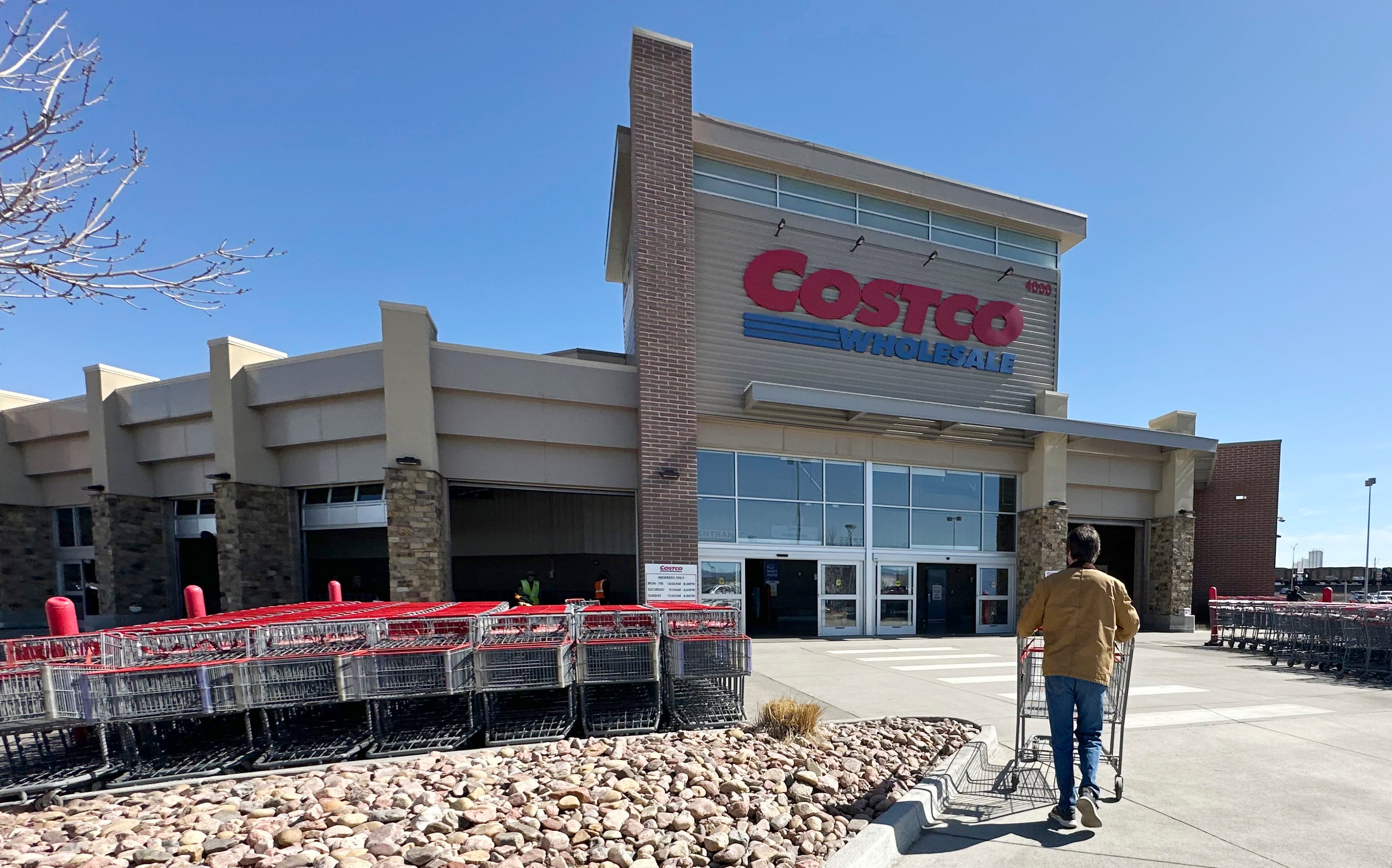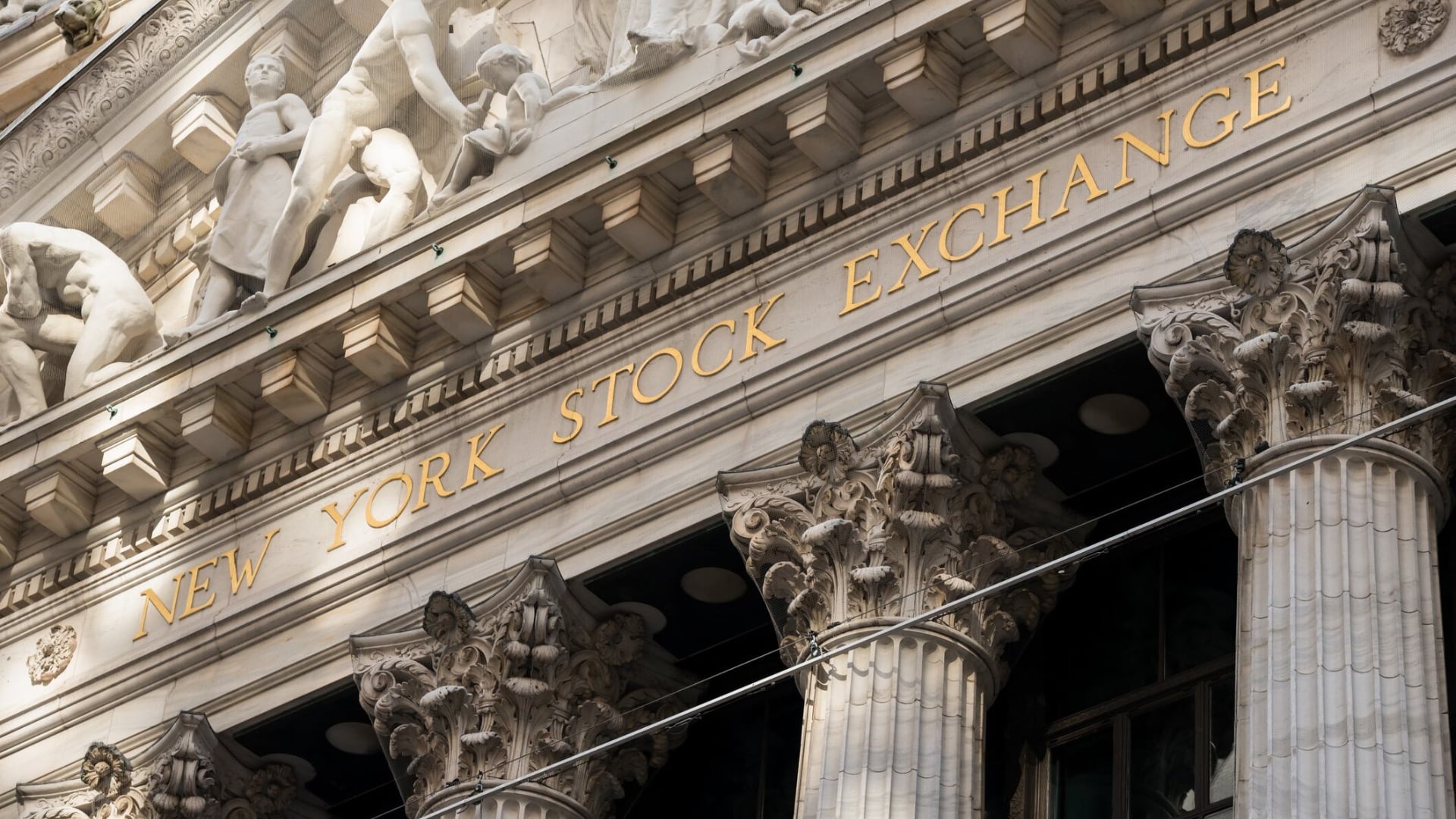It's another day on Wall Street in 2020, which means another private company is lining up to enter public markets through a special purpose acquisition company (SPAC).
Online used-car seller Shift is going public through a merger with Insurance Acquisition Corp., a SPAC with financial backing from Goldman Sachs, BMW, and Nissan-Mitsubishi.
The company starts trading on the Nasdaq on Thursday under the ticker symbol SFT.
Shift's business model may sound familiar to anyone who's used Carvana or Vroom, which are essentially online used-car dealerships that also in certain cases allow peer-to-peer sales, but co-CEO George Arison said the market is young enough that it doesn't feel competitive.
"We don't really view them as competitors very much," Arison told Cheddar. "They're more like our peers, and we very much view our opportunity to grow to be in line with their opportunity to grow."
The executive noted that e-commerce currently makes up less than one percent of the used-car market, which leaves considerable room for growth.
"Frankly, whenever they market it helps us, and I'm sure when we market it helps them," he said. "That said, we sell a much broader spectrum of inventory than they do. We have cars that are as old as 12 years old. We have a segment that we call value for cars under $10,000, and that's something that's very different about Shift versus our peers."
He added that Shift also differs in that it allows customers to book a test-drive prior to purchase.
Shift has also benefited from a surge in sales that came on the heels of the coronavirus pandemic. Arison chalked this up to people avoiding mass transit and ride-sharing options.
"We've seen crazy growth in automotive sales this year," he said. "It's been actually something that no one expected. Going into lockdowns in the spring, I think everyone thought that demand for purchasing cars would be dramatically down, that prices would fall, and exactly the opposite happened. As the summer progressed, prices have been extremely high."
The SPAC transaction will bring $300 million in fresh capital to the business. Shift will use some of this money to make up for what Arison called a lack of branding and marketing in the past.












